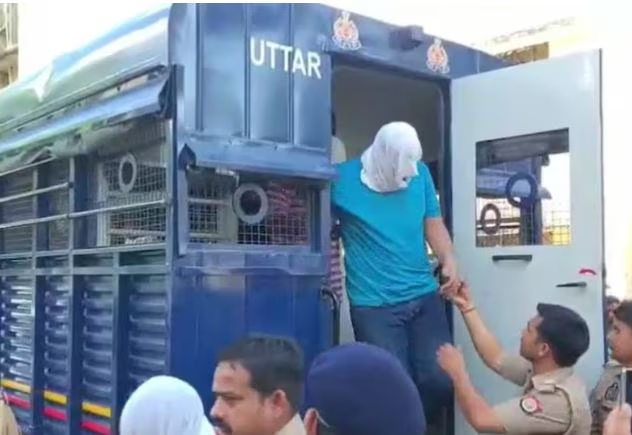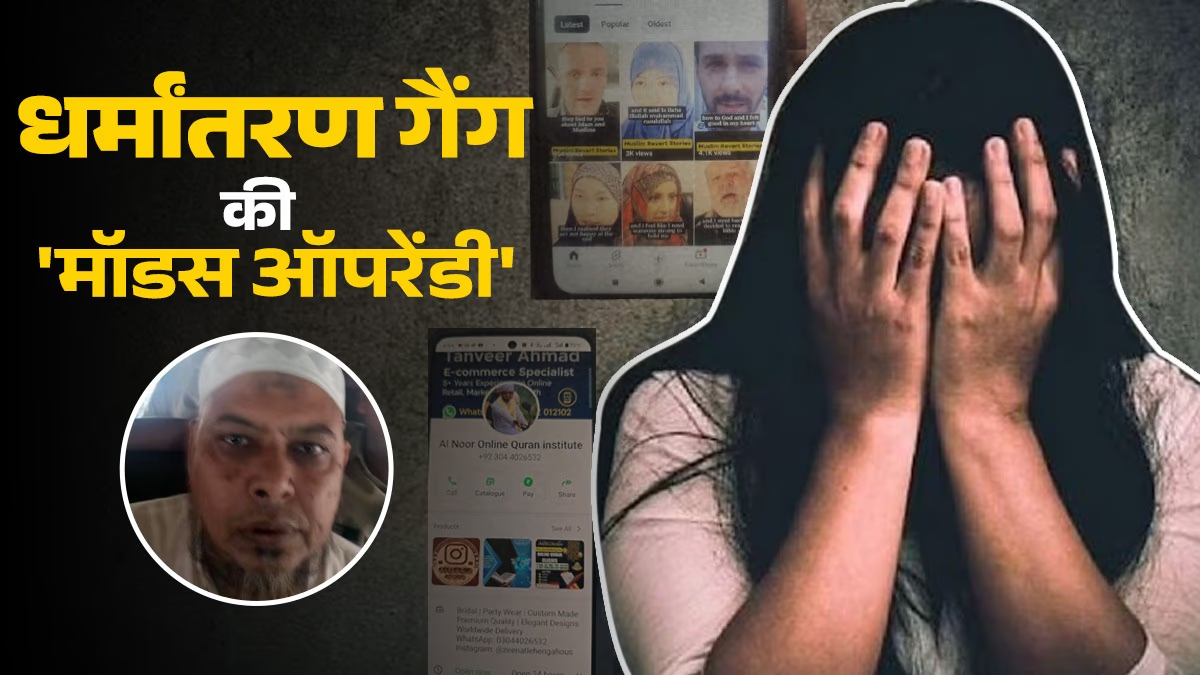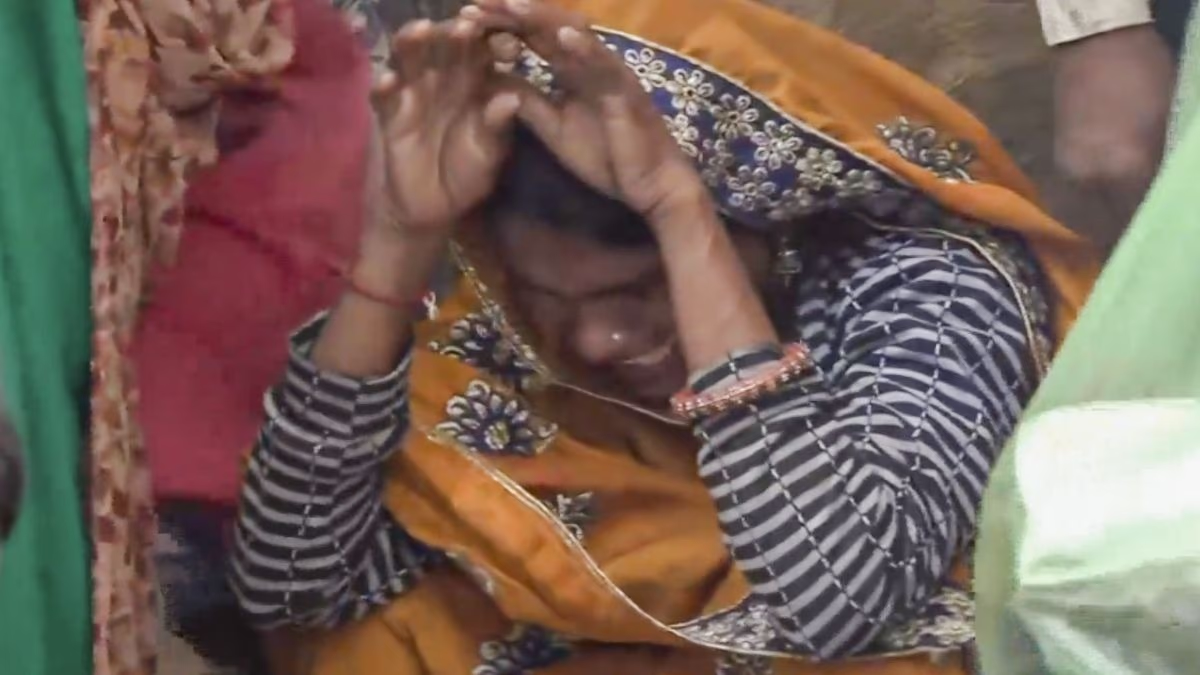An investigation into the religious conversion syndicate in Agra, UP, has unveiled a nexus with elements in Kashmir and Pakistan. Interrogation of 14 suspects nationwide revealed that the syndicate was employing online games like LudoStar to brainwash the youth before converting them. Funds were raised through crowd-funding and cryptocurrencies, and this money even found its way to Palestine.
Three suspects demonstrated substantial knowledge of the dark web, utilizing platforms like Signal to maintain secrecy. Interrogations further disclosed that the syndicate aimed to spread Islam throughout India by 2050, targeting individuals for conversion through a method dubbed 'Dawah'. A victim, Sumaiya, was summoned to Kashmir under pretenses to expose her to these strategies.
There is evidence of connections between the suspects and individuals based in Kashmir and Pakistan. Girls converted from Hinduism to Islam were introduced to these overseas contacts, who further indoctrinated them. Some victims encountered Kashmir-based girls who filled them with anti-Hindu rhetoric, prepping them mentally for conversion.
These girls eventually facilitated their joining Pakistan-run groups. The Agra police, along with central agencies, questioned an accused named Rehman Qureshi, who admitted to handling cryptographic currency transactions as well as crowd-funding. His operations connected financial resources from and to Palestine, spotlighting linkages of converters to networks in Pakistan and Kashmir.

Source: aajtak
Conversion through 'Dawah'
Hindu girls were engaged in Islamic intellectual discussions aimed at instilling negative perceptions against Hinduism and their families. Some Kashmiri girls connected them to Pakistani groups. This group followed the 'Dawah' process to emotionally target susceptible individuals, aiming to spread Islam to India by 2050.
Friendships formed through online games like LudoStar were bait for ensnaring Hindu youth. Communication was conducted on secure apps, maintaining secrecy. "Aaj Tak" was first to highlight the Pakistan link to Rehman's gang, involved in targeting girls via an online Ludo game. Interrogations revealed an ISIS connection to Abdul Rehman's conversion gang.
Ayesha and Abdul's Conversion Syndicate
This organized group operated under the leadership of Delhi resident Abdul Rehman and Goa resident Ayesha. Abdul, originally from Firozabad and converted in 1990, was closely allied with Kaliem Siddiqui, jailed by the ATS. All arrested members had links to Ayesha and Abdul.
Girls from regions like Dehradun (Uttarakhand) and Bareilly, Aligarh, Rae Bareli (Uttar Pradesh), and Jhajjar, Rohtak (Haryana), were lured towards conversion. The Agra police have liberated these individuals, revealing the syndicate's modus operandi. Connections extended to individuals based in Kashmir and Pakistan.

Source: aajtak
Manipulative Modus Operandi of Conversion Gang...
1. Pakistani lectures were aimed at Hindu girls, ceaselessly infused with rhetoric against their families and Hindu faith by Kashmiri women.
2. Hindu girls were embedded into Pakistani-run WhatsApp groups, some mingling with figures like Tanveer Ahmed and Sahil Adeem.
3. Interrogation flagged Rehman Qureshi's crowd-funding and crypto transactions, and financial exchanges with Palestine.
4. Online games such as LudoStar were utilized to sway Hindu youth toward conversion.
5. The syndicate pursued Islamization goals for India by 2050, based on religious conversion.




